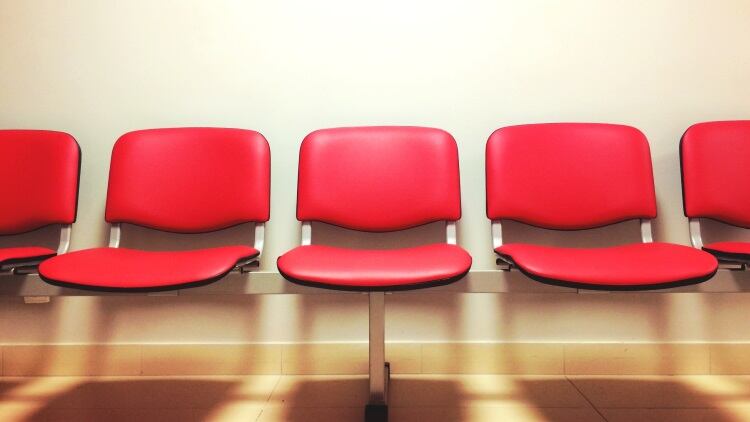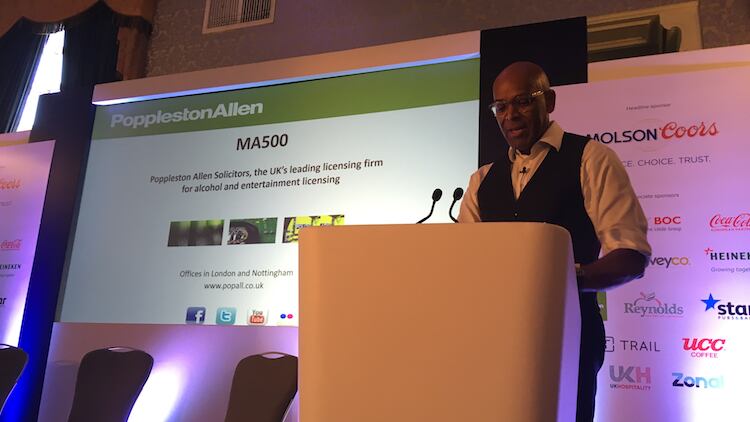Walsall Healthcare NHS Trust has saved £250,000 since 2014, after it identified a group of 10 patients that accounted for 499 alcohol-related hospital admissions in just six months.
Mike Wood, APPBG chairman

Daniel Hodgkiss, patient safety manager at the trust, told an audience at the House of Commons: “We identified a small number of hospital patients with complex needs that were discharged only to return multiple times and which accounted for a very disproportionate number of admissions.
“This was due to a lack of cohesion between social care, mental health services, police and a range of other services. By bringing these agencies together to co-ordinate patient care, we were able to substantially reduce admissions.”
Knock-on savings
He said that while multi-agency interventions with just 38 patients had saved the trust a huge amount of money over four years, it was “highly likely that there were also knock-on savings for other public services”.
Wood has written to Steve Brine MP, Public Health Minister, to emphasise the achievements of the trust, which after three separate cohorts of ‘frequent fliers’ managed according to its new model saw a 54% reduction in admissions and a 68% reduction in bed days between 2016 and 2017.
Amplified at national level
The letter said: “With guidance from Mr Hodgkiss’s team, adaptations of the Walsall multi-agency approach are already being implemented in other areas. While word of mouth has played its role in the spread of this good practice, we are convinced that the message deserves to be amplified on a national level in the context of the Government’s proposed alcohol strategy going forward.
“The media recently covered the startling fact that 4.4% of the population are consuming over a third of all the alcohol drunk. I can’t help but believe that extrapolating the approach that has been undertaken in Walsall would have anything but a positive effect on the individuals within this 4.4%.”
Wood said he was also impressed that the up-front costs of the Walsall approach were “negligible”.
“There is a great opportunity to reduce alcohol harm and save the NHS a considerable amount of money if the Walsall approach was adopted as a blueprint across the wider NHS,” Wood added.




